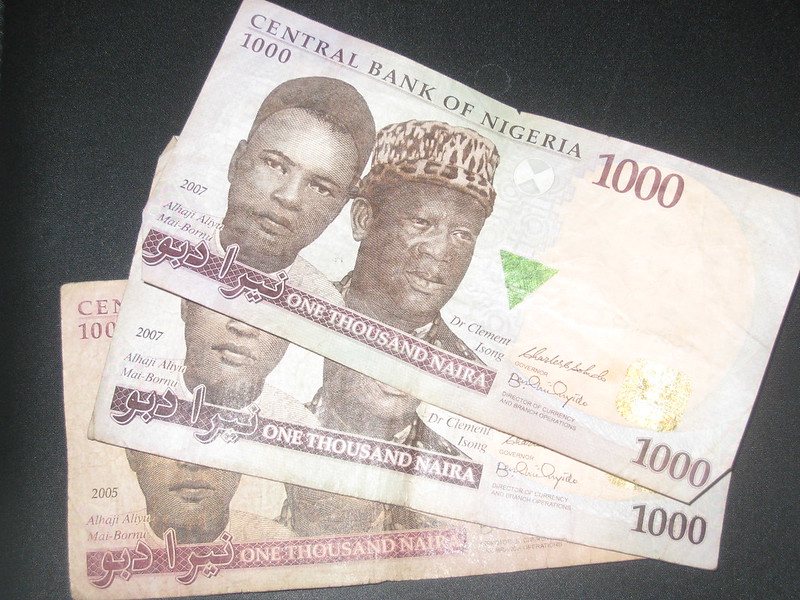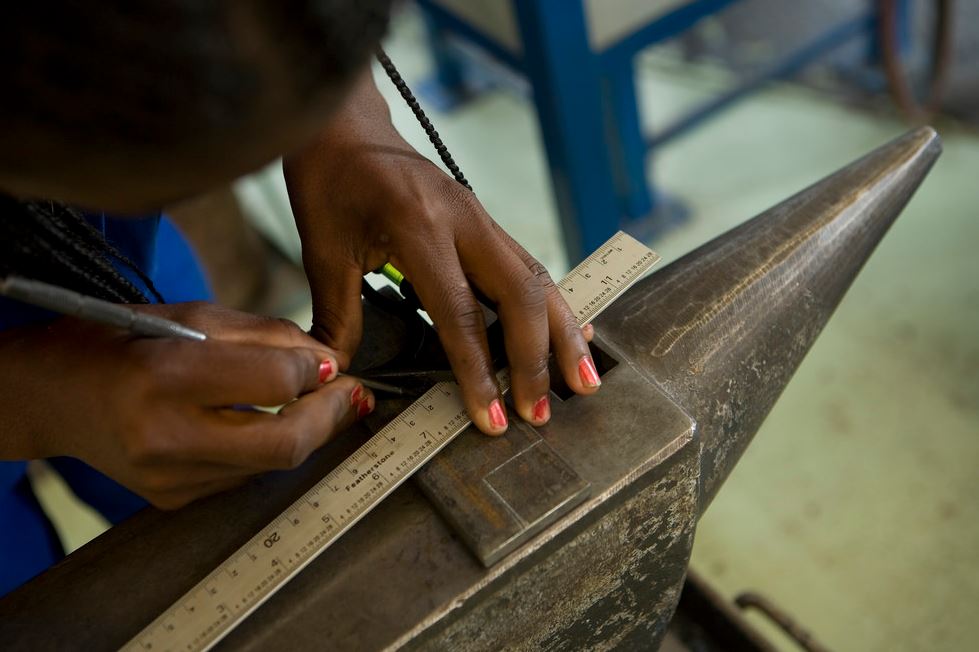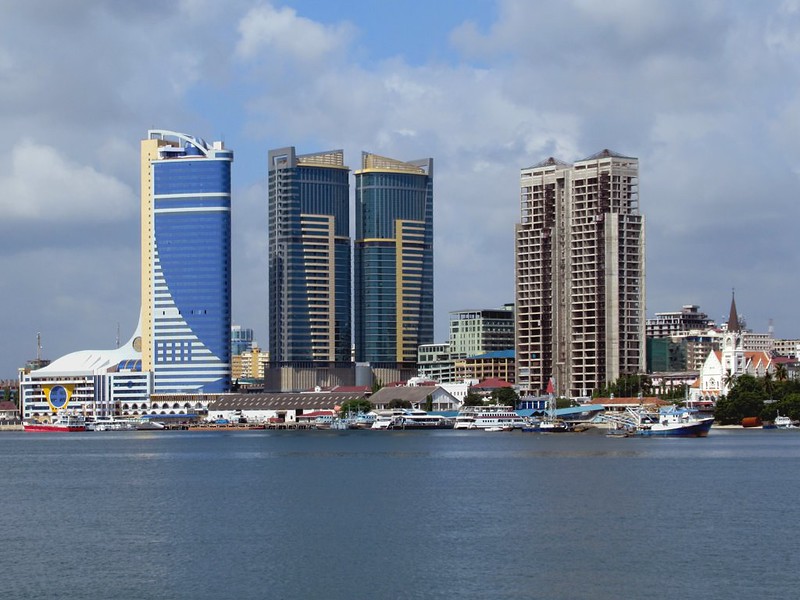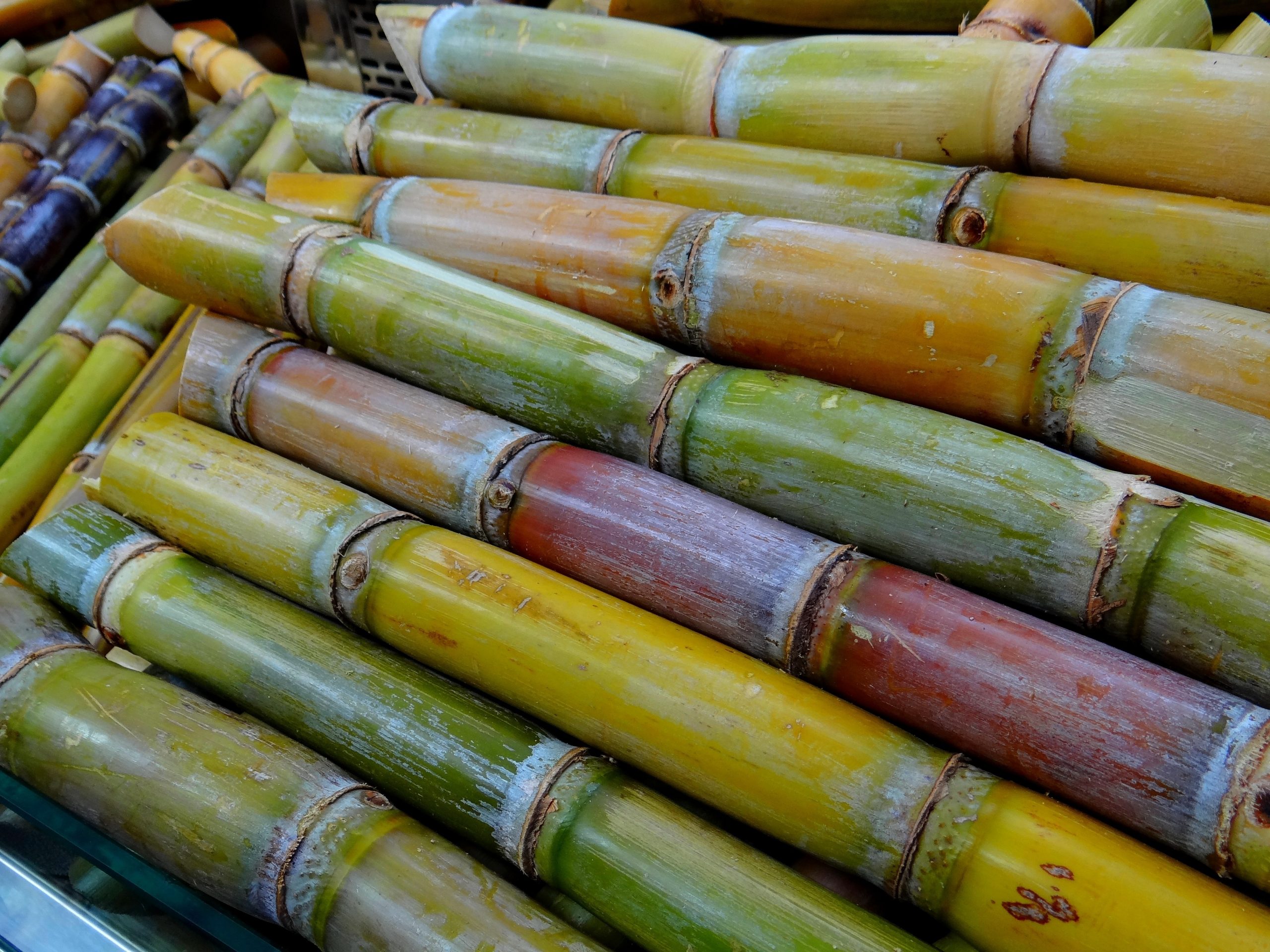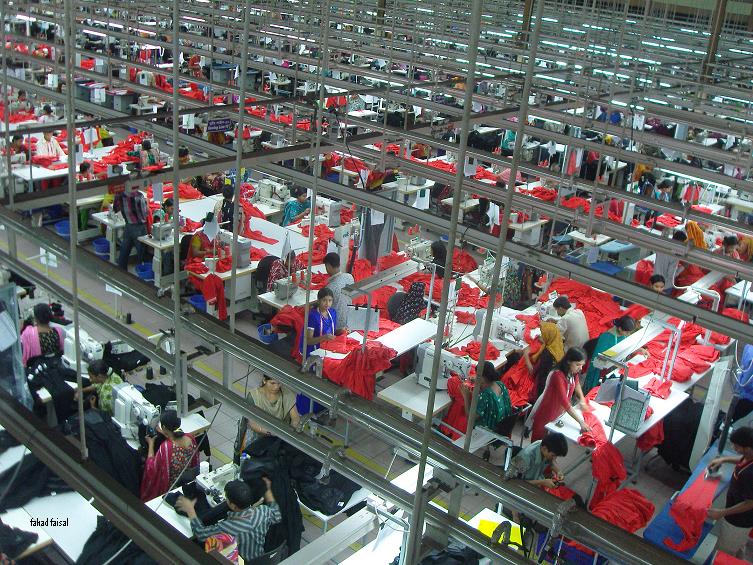Bribery game in Nigeria
In Lagos, we will conduct a household level survey experiment using an embedded bribery game. Participants of the survey will be randomly assigned to a control group, or to one of several condition groups. According to their grouping, each participant in the condition groups will read or hear a different message.


